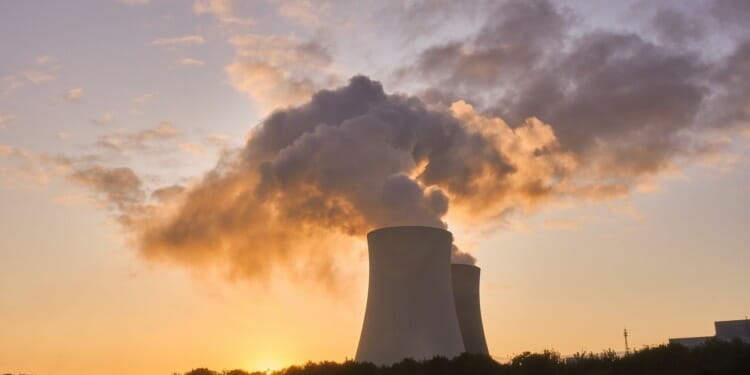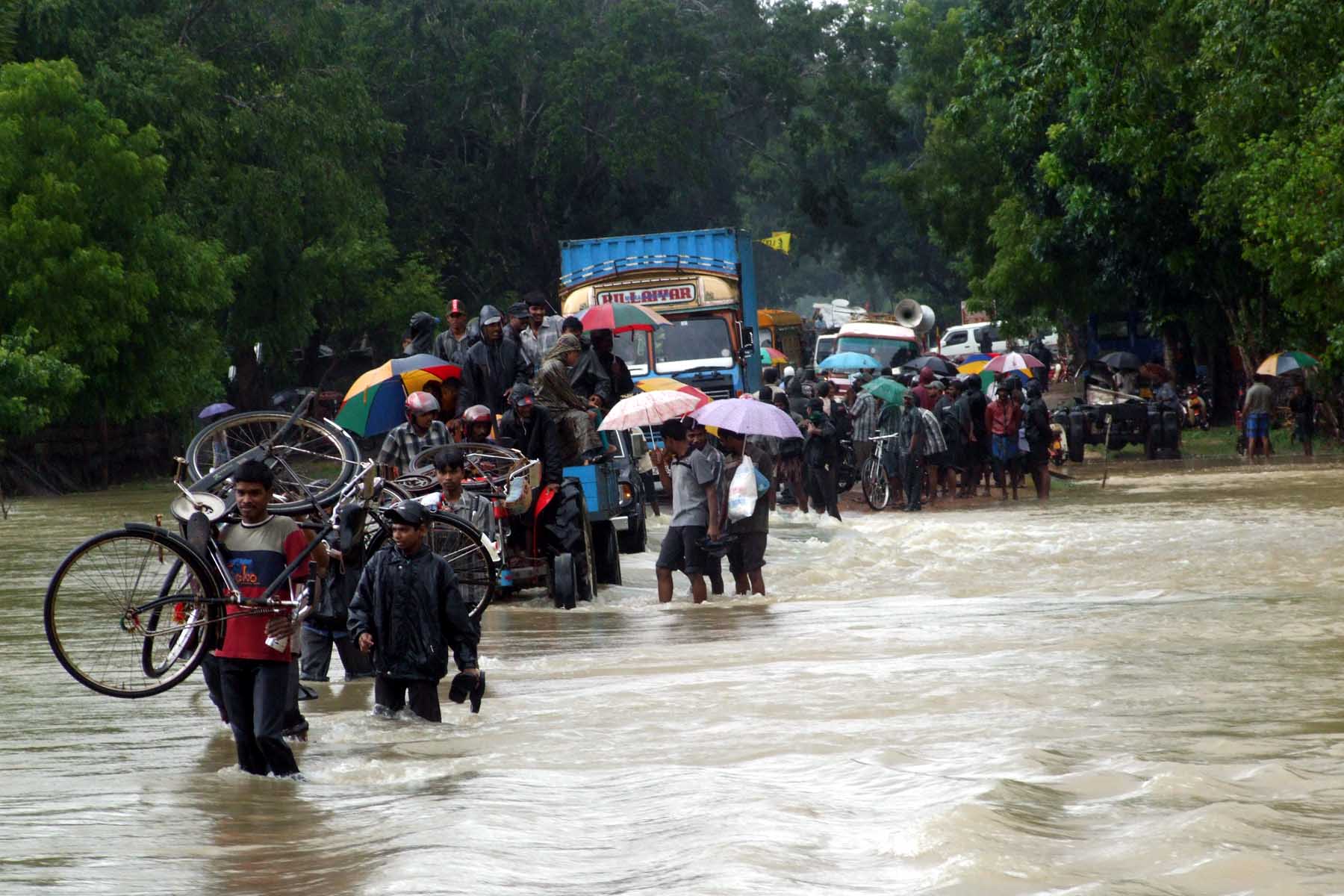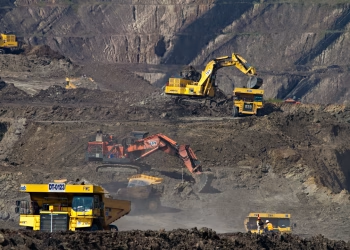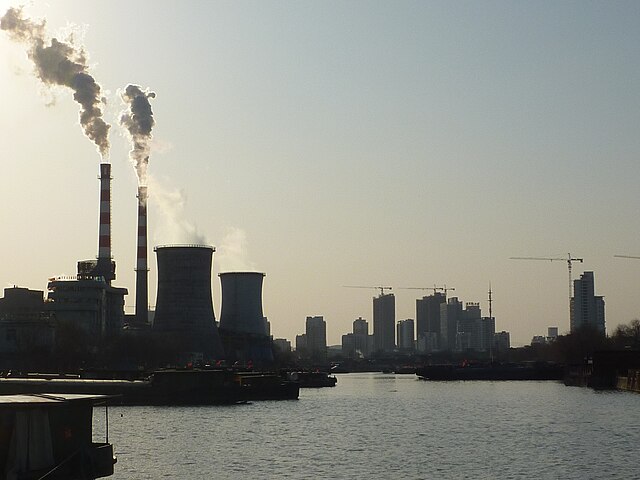Storage issues are one of the principal challenges facing the future of nuclear power, with some of its waste products remaining dangerous for tens of thousands of years. Effectively and appropriately storing the energy source is a problem that requires forethought and solid policy- something Sweden is now experiencing first hand, where the clock is ticking to avoid a massive energy failure that could jeopardise its net-zero climate commitments.
The Scandinavian nation has less than a week to make a decision over the storage of its nuclear waste, as capacity space is rapidly running out in interim storage facilities of six of its nuclear reactors, which supply around a third of Sweden’s power – according to a recent report by Bloomberg News.
Vattenfall AB, a state-owned energy giant that owns five of the six nuclear reactors, says that without a decision made by the end of the month, its plants will need to shut within three years. Vattenfall’s head of generation, Torbjorn Wahlborg, said in the report by Bloomberg that “there is no realistic way to replace the nuclear output with such a short notice… on the contrary, the remaining reactors are needed more than ever given the huge growth in demand for power Sweden will need to become carbon neutral.”
According to Sweden’s Ministry of Environment, the nation should reach net-zero emissions by 2045 at the latest. But if a solution to its nuclear storage waste is not found urgently, it could trigger a national power emergency– putting the nation’s climate commitments at risk.
Related Articles: IPCC Warns Climate Catastrophe is Imminent: COP26 Success Must Be Ensured | Costa Rica and Denmark to End Oil and Gas Production | Fusion for the Future
Whilst several European nations such as Germany have opted to reject nuclear energy as an element of their energy demands, Sweden’s parliament in 2010 agreed to continue the operation of nuclear reactors as a way to reach increased national energy requirements whilst at the same time acting against climate change. The nation will attempt to reach its emissions reduction targets through a combination of renewable energy, standard emissions cuts in its heavy industries and transport, as well as nuclear power.
The current deadline appears ominous – the crisis of Sweden’s nuclear storage puts the nation between a rock and a hard place in terms of meeting the energy demands of its people whilst working towards its climate action commitments.
The Swedish government, of which the anti-nuclear Green Party is a key part of its government coalition, has offered a short term solution. The government is proposing to expand the current storage site, whilst considering a repository construction application that has been in the works for over a decade.
The Swedish Nuclear Fuel and Waste Management Company (responsible for all of the nation’s nuclear waste) filed an application to expand the nation’s waste storage capacity with a new repository in 2011, and says that it has had the necessary approvals from courts and authorities since October of last year, but the Swedish government is yet to approve it.
The splitting of the issue does not appear to be a popular solution.
With concerns over the potential of a lengthy legal and logistical process, both of Sweden’s expert authoritative bodies oppose the idea. The major energy disruptions that could occur in just three years led the waste giant’s Chief Executive Officer Johan Dasht to describe the saga as “remarkable”, adding that “this government is not capable of trusting their own expert authorities in their decision-making.”
“This is not about taking a stand for or against nuclear power, this is about there being a reliable solution and needing to move ahead with the process,” said Dasht.
Concerns are rife over the ramifications of ineffective nuclear waste storage, but dividing the issue into expanding the current storage facilities whilst considering its future options is one that Sweden’s environment minister Per Bolund has insisted be made as a decision of this magnitude cannot be rushed.
In an emailed statement, Bolund said that splitting the decision is a step that the government is taking so as to “avoid putting Sweden in a situation that would jeopardize our supply of electricity… there is a significant risk that the coming judicial process will not be completed before the intermediary storage site hits the ceiling of its existing permit.”
The urgency of the climate crisis makes this recent issue with Sweden’s energy credentials all the more worrying. Just last month, the Intergovernmental Panel on Climate Change warned of a “code red” for humanity, mounting pressure on the COP26 in November to result in drastic and tangible climate action. There is now the very real possibility that Sweden could go into the critical conference unable to meet its agreed-to climate commitments, potentially contributing to raised tensions and undermining critical negotiations.
Editor’s Note: The opinions expressed here by Impakter.com columnists are their own, not those of Impakter.com. — In the Featured Photo: A Nuclear Power Plant. Featured Photo Credit: Pixabay














